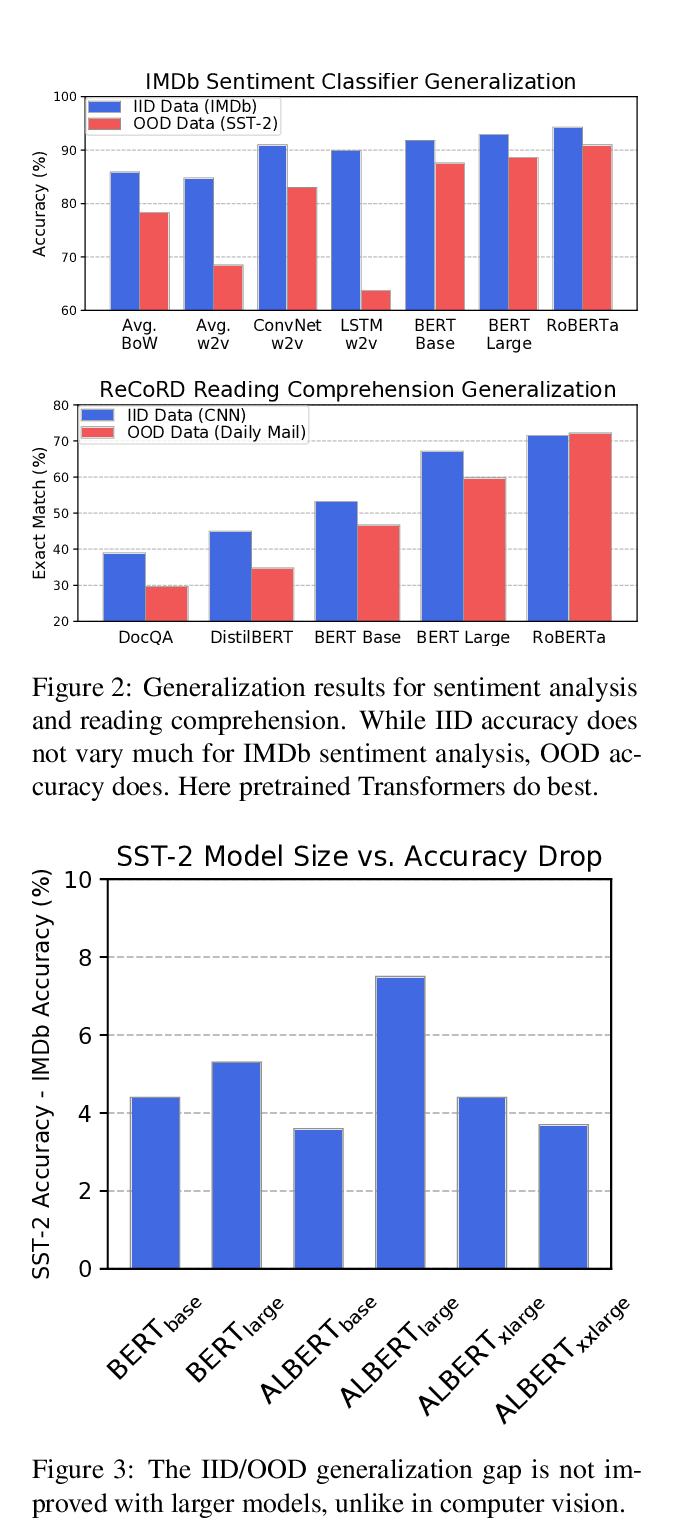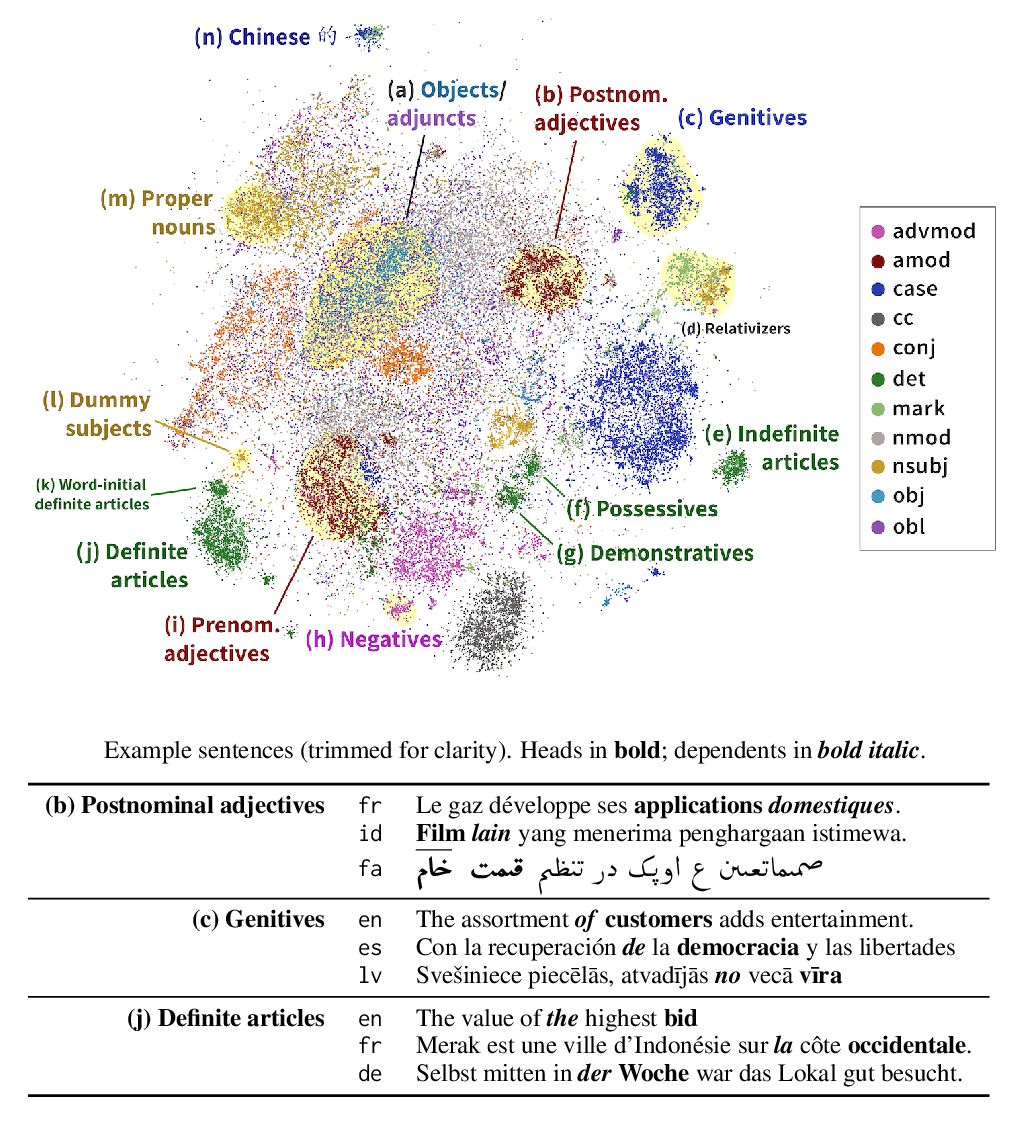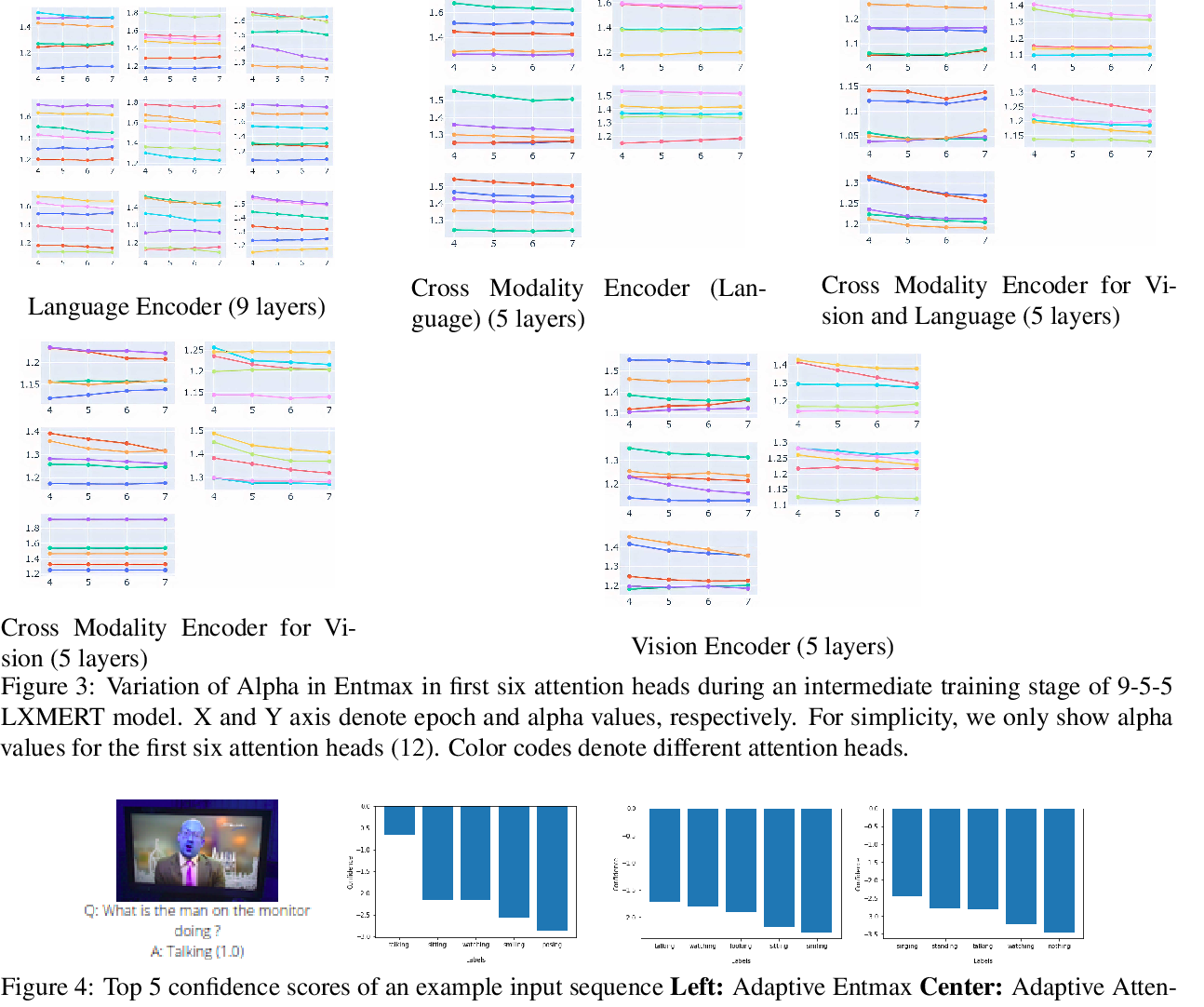Speakers enhance contextually confusable words
Eric Meinhardt, Eric Bakovic, Leon Bergen
Cognitive Modeling and Psycholinguistics Long Paper
Session 4A: Jul 6
(17:00-18:00 GMT)

Session 5B: Jul 6
(21:00-22:00 GMT)

Abstract:
Recent work has found evidence that natural languages are shaped by pressures for efficient communication — e.g. the more contextually predictable a word is, the fewer speech sounds or syllables it has (Piantadosi et al. 2011). Research on the degree to which speech and language are shaped by pressures for effective communication — robustness in the face of noise and uncertainty — has been more equivocal. We develop a measure of contextual confusability during word recognition based on psychoacoustic data. Applying this measure to naturalistic speech corpora, we find evidence suggesting that speakers alter their productions to make contextually more confusable words easier to understand.
You can open the
pre-recorded video
in a separate window.
NOTE: The SlidesLive video may display a random order of the authors.
The correct author list is shown at the top of this webpage.
Similar Papers
Pretrained Transformers Improve Out-of-Distribution Robustness
Dan Hendrycks, Xiaoyuan Liu, Eric Wallace, Adam Dziedzic, Rishabh Krishnan, Dawn Song,

DTCA: Decision Tree-based Co-Attention Networks for Explainable Claim Verification
Lianwei Wu, Yuan Rao, Yongqiang Zhao, Hao Liang, Ambreen Nazir,

Finding Universal Grammatical Relations in Multilingual BERT
Ethan A. Chi, John Hewitt, Christopher D. Manning,

